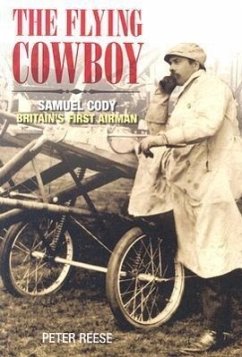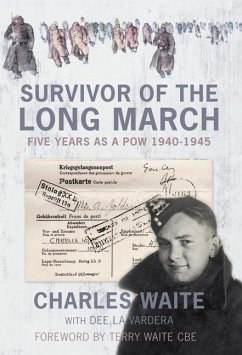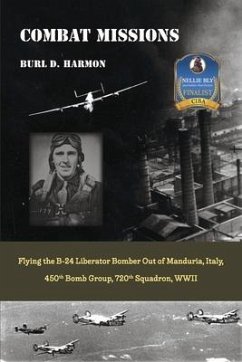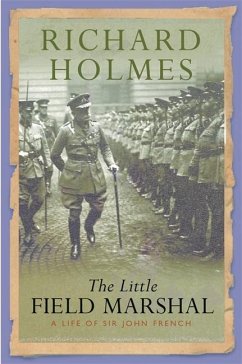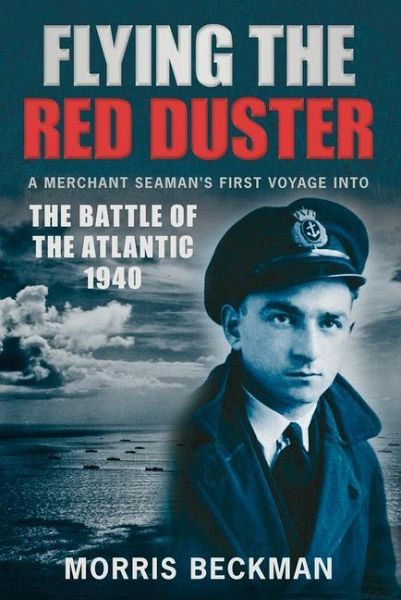
Flying the Red Duster
A Merchant Seaman's First Voyage Into the Battle of the Atlantic 1940

PAYBACK Punkte
9 °P sammeln!
Following the evacuation of the British Expeditionary Force from Dunkirk in 1940, Britain was at her most vulnerable. France had capitulated and the Germans had control of ports from the Arctic to the Mediterranean. Nazi U-boats were at Britain's doorstep, and in that year alone they sunk 204 ships, a gross tonnage of 2,435,667. Britain stood alone against Germany and a vital lifeline was the supplies carried by the civilian Merchant Navy, defended only by the thinly stretched Royal Navy. Winston Churchill conceded that his greatest fear was the slaughter of merchant seamen, who worked in hars...
Following the evacuation of the British Expeditionary Force from Dunkirk in 1940, Britain was at her most vulnerable. France had capitulated and the Germans had control of ports from the Arctic to the Mediterranean. Nazi U-boats were at Britain's doorstep, and in that year alone they sunk 204 ships, a gross tonnage of 2,435,667. Britain stood alone against Germany and a vital lifeline was the supplies carried by the civilian Merchant Navy, defended only by the thinly stretched Royal Navy. Winston Churchill conceded that his greatest fear was the slaughter of merchant seamen, who worked in harsh conditions, were often poorly fed, and were always at the mercy of the Kriegsmarine. In Flying the Red Duster, Morris Beckman tells the story of his experiences as a merchant seaman during the Battle of the Atlantic, part of the civilian force which enabled Britain to avoid capitulation to Nazi Germany. Based on his wartime diary--the unique document now held at the Imperial War Museum--this work allows the reader unique access to a time which is fast slipping from living memory.




